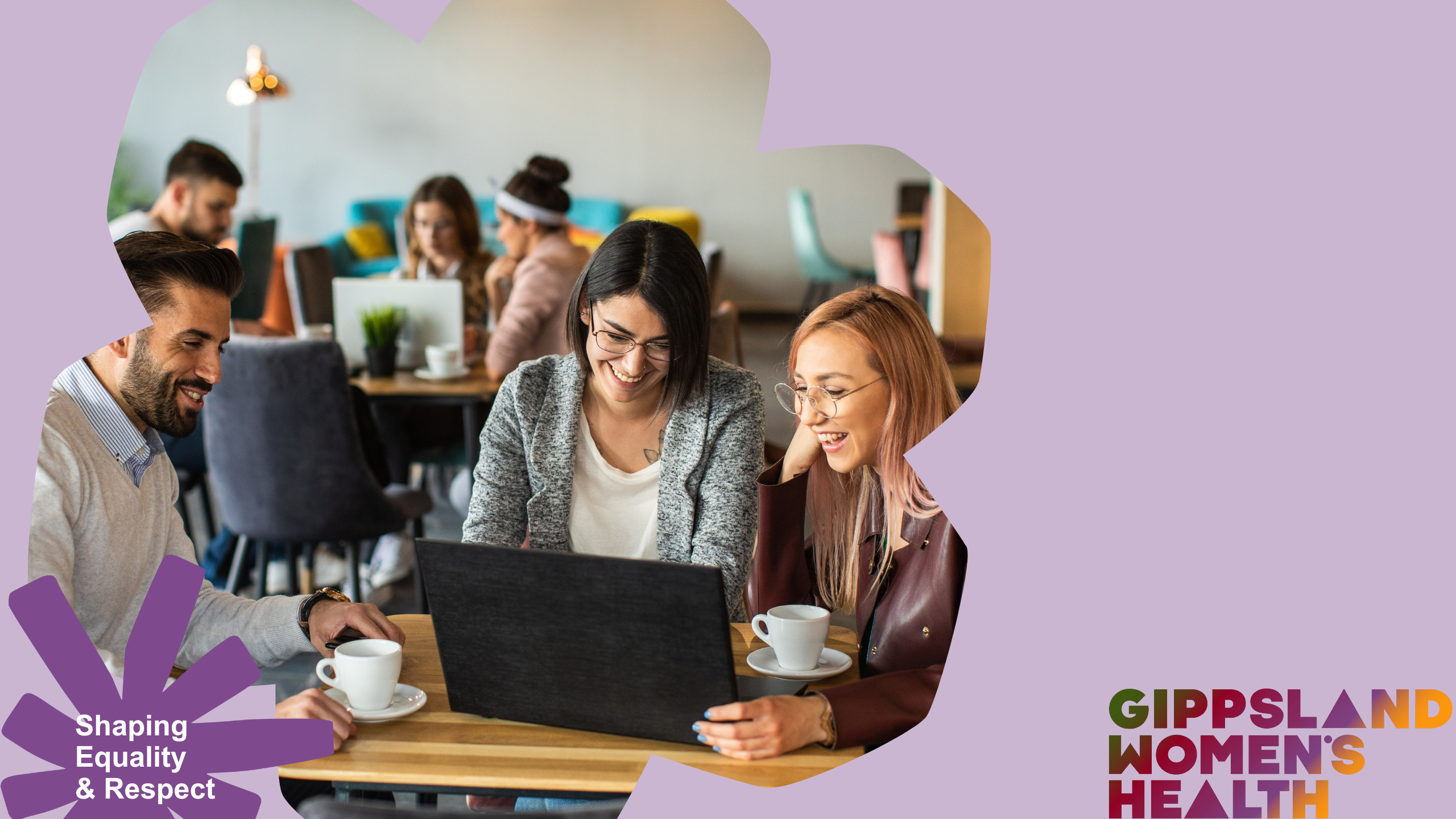
Did you know Gippsland has some of the highest rates of family and gendered violence in the state per population? We’re not proud that Gippsland women experience:
- Higher levels of violence, bullying and harassment in public and private life than men
- A greater lack of workplace flexibility and community participation than men
- Higher rates of casualisation and part-time work
- Lower rates of leadership participation
- More time out of the workplace for caring responsibilities
We need to step up and do better as a region. This month the LVA hosted gender equality and capability training for employees from a whole range of businesses and industries in Gippsland.
Developed and delivered by Gippsland Women's Health, the training focused on fostering a safe, inclusive and skilled workplace to help businesses:
- Increase their knowledge about workplace gender equality and why it’s important
- Identify key areas of their business where they can make an impact improving gender equality
- Reflect on their own roles as leaders and how they can influence improving gender equality
- Understand how backlash and resistance to gender equality progress can be addressed in their business.
The training provided a safe space where participants felt comfortable talking about their lived experiences. Everyone was very open and honest and just wanted to learn.
One participant let us know that they were blown away by the training as they didn't realise how well supported, they could be. They hadn't embraced the idea of gender equality at work because it sounded too hard to implement, but having a regional focus and local partner that they can work with made it much more accessible for them.
The value of this training is not just in normalising equality and establishing best practice, but also as a temperature check and reminder of how we could all improve, and make a more inclusive, and equitable workplace for everyone.
Page last updated: 31 Jul 2024
